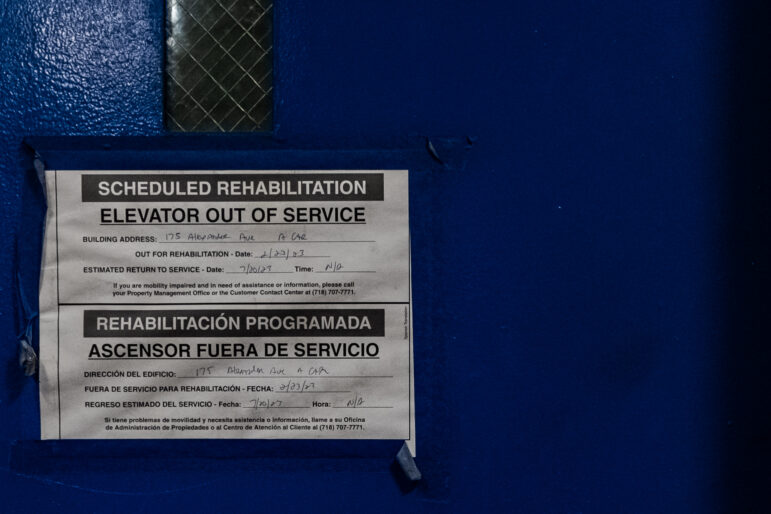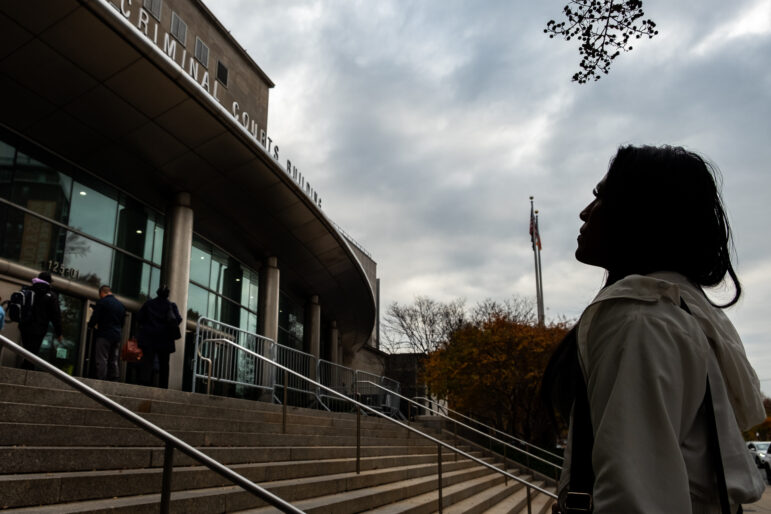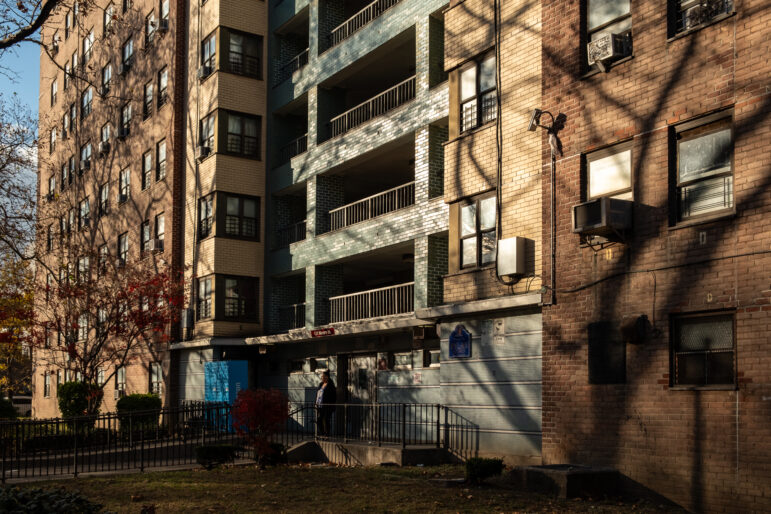While D.C. dithers over possible impeachment hearings, Congress is moving forward with a banking reform bill that may radically reduce the responsibility financial institutions have in poor neighborhoods.
Few have noticed that Senator Al D’Amato, chairman of the Senate banking committee, has been speeding through the biggest–and most questionable–bank restructuring legislation since the 1930s. The “Financial Modernization” bill would eliminate many existing barriers between banking, securities and insurance industries, allowing companies to provide a wide range of products. It also helps open the door for mergers such as the proposed Travelers/Citicorp marriage–which this week yielded 8,000 job cuts.
“This would put us in a whole new terrain and make it much more difficult to hold financial services companies accountable,” said Sarah Ludwig, executive director of the Neighborhood Economic Development Advocacy Project. “All of a sudden they’re trying to move through a dramatic change in the whole financial system.”
The vote on the floor of the Senate is scheduled for Thursday. The bill came out of D’Amato’s banking committee on September 11 with bipartisan support, a crucial factor for any chance of signing it into legislation before the session ends in a few weeks. Charles Schumer, the Brooklyn Democrat who is opposing D’Amato in November, voted for the measure when it passed the House by one vote in May.
Critics say the bill creates opportunities for dangerous financial concentration and severely limits the effectiveness of the Community Reinvestment Act (CRA), which has forced banks to provide billions in loans to low- and moderate-income neighborhoods. The new law would not require insurance or security firms affiliated with banks to comply with CRA, allowing a conglomerate to shift assets to entities that aren’t covered by CRA. And that could mean a huge drop-off in the amount of money accessible to New York City borrowers. Moreover, changes to the bill made in committee in early September also did away with “life-line banking,” a requirement to provide low-cost accounts to the poor.
D’Amato’s fast-track movement of HR 10 surprised many insiders, who were banking on the senator’s self-professed history of being a friend to CRA. But Sanford Weill, the chairman of the Travelers Group, which ranks as the senator’s fourth largest campaign supporter with $99,300 in contributions, met with the senator in May to lobby for speedy passage of the bill. His merger could run into trouble without the new law.
Still, speed may kill the bill’s chances for passage before Congress adjourns in October. Advocates say the rush will make it harder to work out a compromise between D’Amato and President Clinton, who has vowed to veto the bill.








